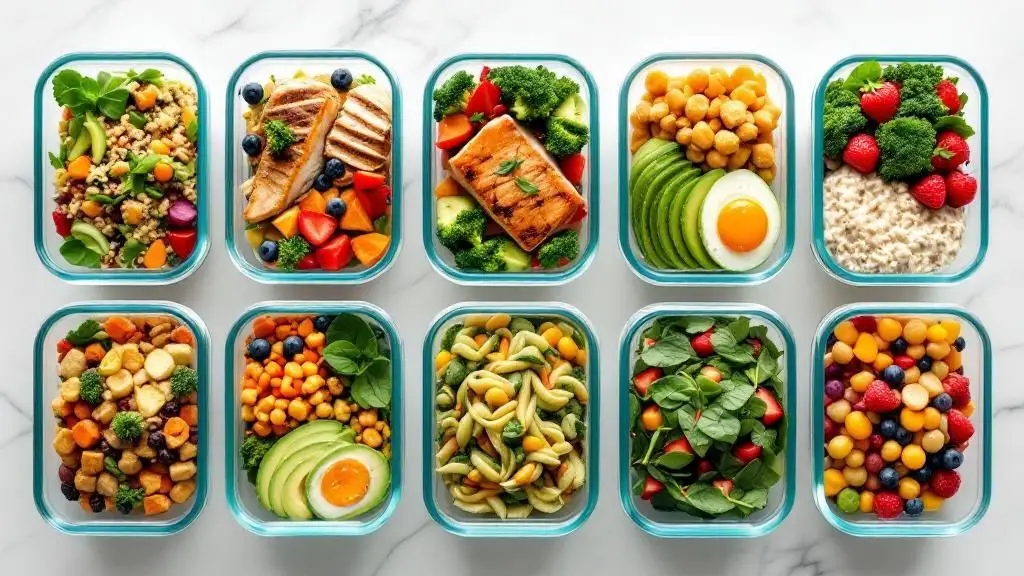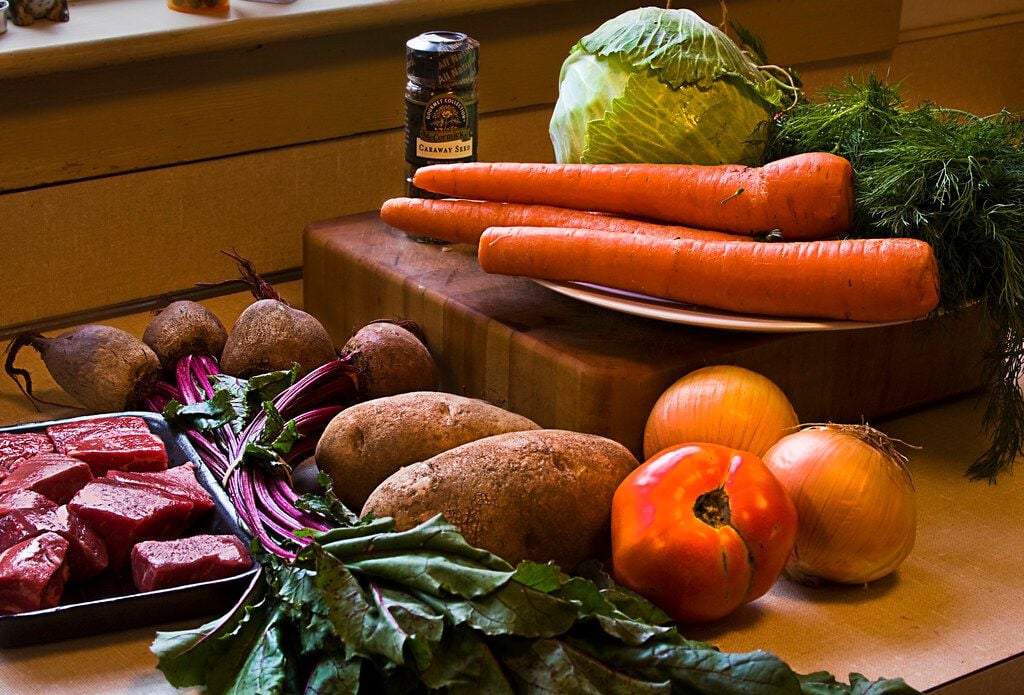
Boost Your Health: The Best Greens to Eat
- May 2, 2024
In 2019, the Centers for Disease Control and Prevention discovered an alarming fact: only 10% of Americans manage to consume the recommended daily intake of vegetables. While it might seem challenging, incorporating more of these nutrient-dense foods into your diet is a change you can make at any time.
As registered dietitian Danielle Crumble Smith emphasized, no vegetable should be neglected. Each contributes vital nutrients, some of which, such as fiber and potassium, are commonly found to be deficient in American's diets. For those looking to diversify and upgrade their vegetable intake, here are some excellent choices.
Darker varieties of leafy greens stand out as especially potent health-boosters, packed with vitamins K and C, calcium, and a notable array of antioxidants. Vitamin K supports both cardiovascular and bone health, while vitamin C offers protective benefits for blood cells, aids in iron's absorption and storage, and fights against diseases. Furthermore, calcium supports a variety of bodily functions such as bone and teeth health, muscle functions, and hormone production. Star players in this category include spinach and kale, both of which deliver lutein and zeaxanthin, antioxidants known for their benefits to eye health.
Crumble Smith also highlighted another powerhouse group: cruciferous vegetables. Abundant in fiber and phytonutrients, these vegetables work actively to prevent cellular damage. They also contain indole-3-carbinol, a compound found to decrease the risks of estrogen-based cancers and colon cancer. The benefits don't stop there; sources of folate, excellent support for your digestive system may prevent common cancers, cardiovascular disease, infertility, stroke, dementia and Alzheimer’s disease and also packed with vitamins including K, and in darker green varieties, vitamins A and C.
Crumble Smith emphasized the importance of a varied diet filled with different types of vegetables to ensure a broad spectrum of vitamins and nutrients necessary for optimal body function. She also noted that opting for frozen vegetables can be a wise choice. They are flash-frozen when their nutrients are at peak levels, making them an extremely nutrient-dense choice, and a practical one too, for those who might forget about fresh veggies in their refrigerator.
According to the U.S. Department of Agriculture, adult women should aim for 2 to 3 cups of vegetables each day, and adult men should strive for 3 to 4 cups. Consider consuming a variety of vegetables to guarantee your body's intake of essential vitamins and nutrients. Doing so is associated with a lower risk of cardiovascular disease, cancer, and mortality, as supported by various studies.






